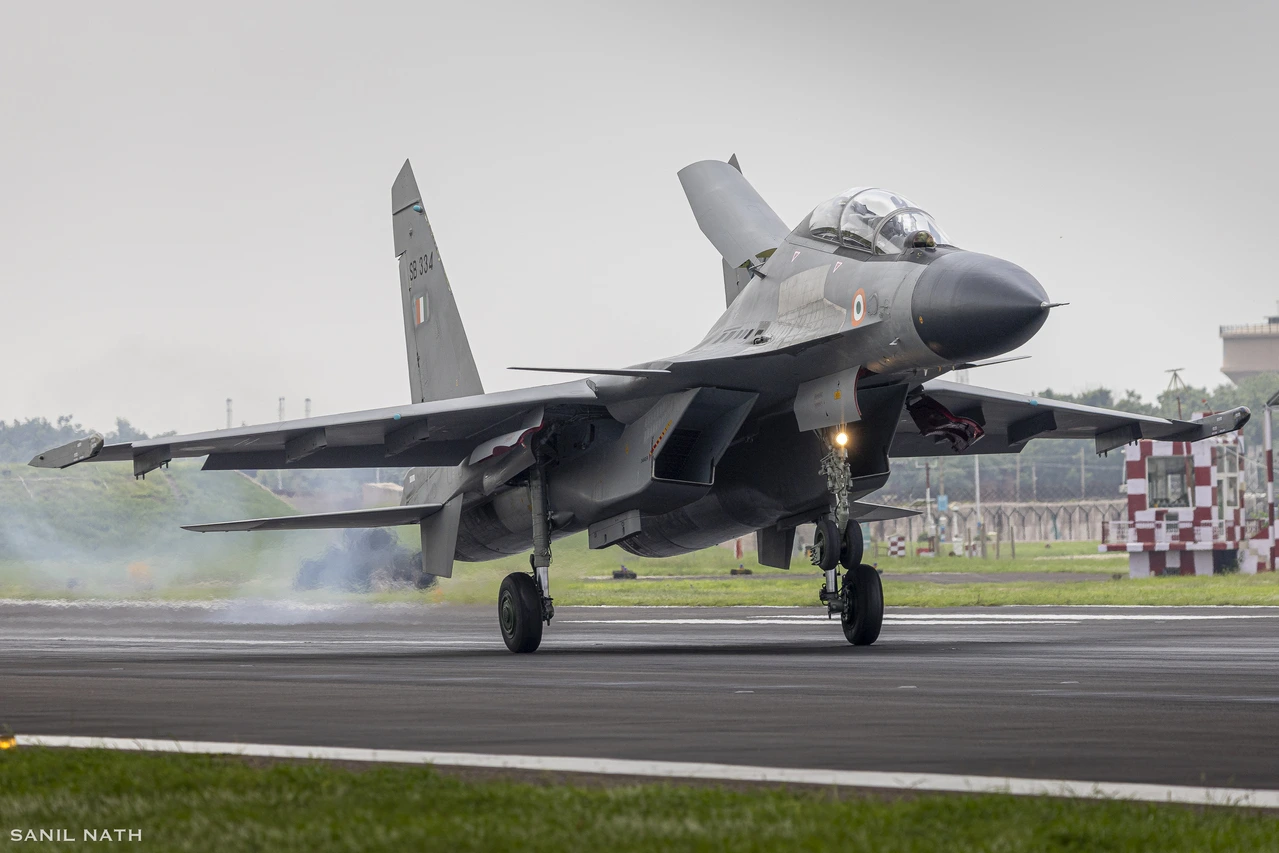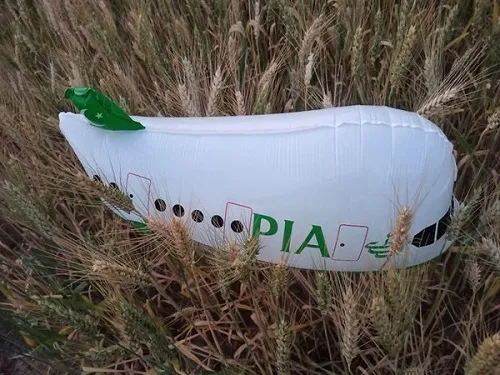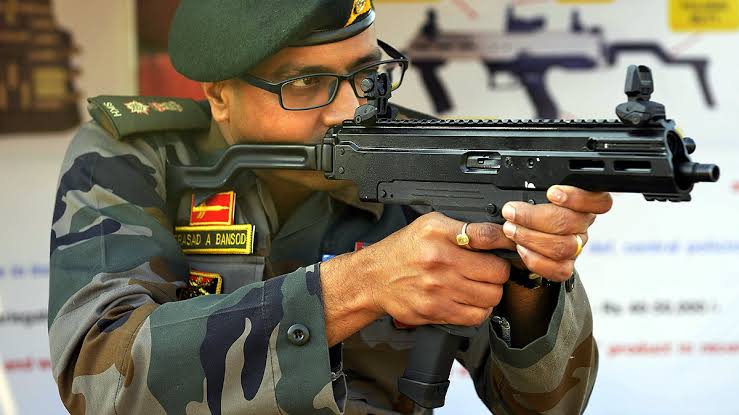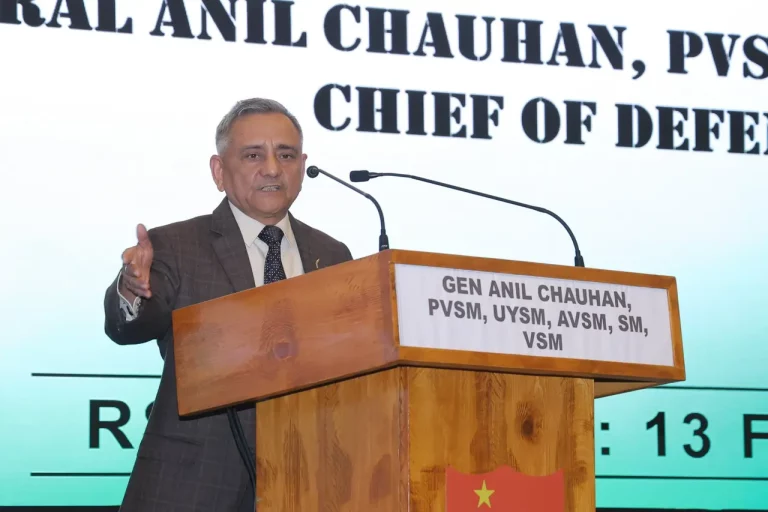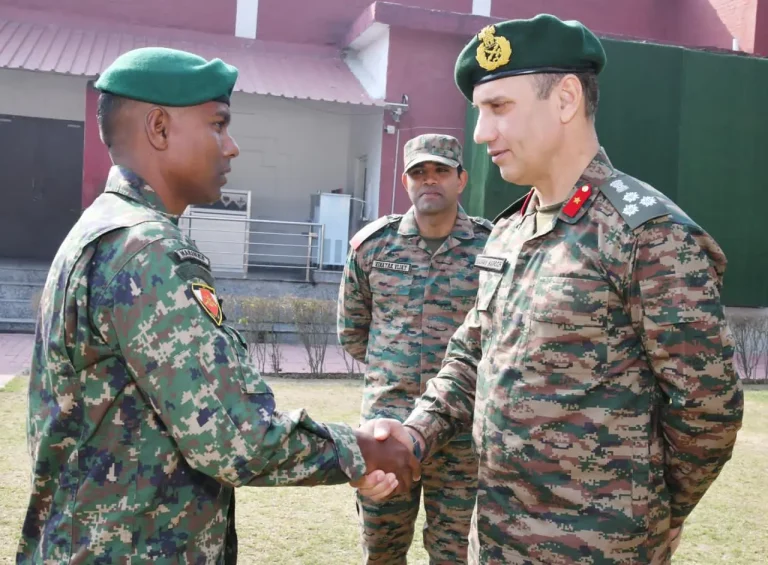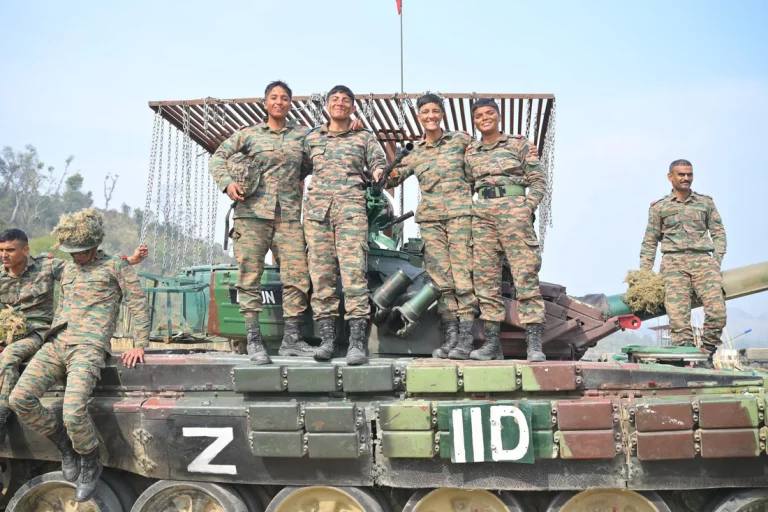Armenia is reportedly nearing a significant defense agreement with India, focused on acquiring Hindustan Aeronautics Limited’s (HAL) Su-30MKI multirole fighter jets. This development marks a critical step forward in New Delhi’s growing defense diplomacy.
According to sources, the ongoing negotiations for the deal are advanced and are projected to be valued between USD 2.5 and 3 billion. The initial phase of deliveries is expected to feature 8 to 12 aircraft, with possibilities for future expansions hinging on both operational and financial evaluations.
The agreement is poised to encompass various essential aspects, including pilot training, ground support systems, weapons integration, and maintenance infrastructure. Deliveries are anticipated to align with HAL’s production schedule for the Indian Air Force, beginning in late 2027 and wrapping up by 2029.
Should the agreement be finalized, it would significantly enhance Armenia’s aerial capabilities, which currently lack a modern multirole fighter platform. This development coincides with Azerbaijan’s recent induction of 40 JF-17C Block-III fighters, co-developed by Pakistan and China, which have bolstered its strike and air superiority capabilities. Analysts see Armenia’s acquisition of the Su-30MKI as a strategic move to maintain balance in the region, marked by ongoing volatility.
Over the last five years, Armenia has emerged as a key defense partner for India in Eurasia. Previous acquisitions include the Pinaka multi-barrel rocket system and Swathi counter-battery radars, indicating Armenia’s consistent emphasis on Indian defense technology.
The Armenian version of the Su-30MKI is expected to incorporate several indigenous Indian systems, such as DRDO’s Uttam AESA radar and Astra Mk-1 and Mk-2 BVR air-to-air missiles, alongside advanced electronic warfare and defensive aid suites. These customizations not only enhance combat capabilities but also highlight India’s increasing capacity to export advanced military systems to its allies.
The implications of this deal are profound. It highlights India’s role as a reliable defense partner for smaller nations seeking advanced alternatives to both Russian and Western defense platforms. Additionally, it enhances New Delhi’s strategic reach across the Eurasian corridor, pushing India’s influence west of the Caspian Sea.
For Armenia, the agreement signals a notable pivot away from a long-standing reliance on Russian weaponry. Yerevan appears to be increasingly confident in India as a reliable supplier of state-of-the-art systems devoid of geopolitical strings attached.
From India’s perspective, this deal represents a strategic counterbalance to the growing influence of the Pakistan–Turkey–Azerbaijan axis. Strengthening its position in a region susceptible to Chinese and Turkish influences could have lasting strategic benefits for New Delhi.
On the other hand, Azerbaijan may see this potential agreement as a direct challenge to its military expansion, particularly given the stark contrast between the Indian-built Su-30MKIs and the Pakistani-origin JF-17Cs. Analysts suggest that Baku may respond by intensifying future procurements from its Turkish or Chinese partners.
Ultimately, if concluded, the Su-30MKI deal could firmly establish India as a credible arms exporter and a significant strategic player in Eurasian security dynamics. With Armenia’s increasing airpower, complemented by its growing inventory of Indian-origin systems, the security landscape of the South Caucasus is poised for transformation.
This prospective agreement exemplifies a broader shift in global defense partnerships, highlighting how smaller nations increasingly seek out India for modern, reliable, and geopolitically sound military support.
